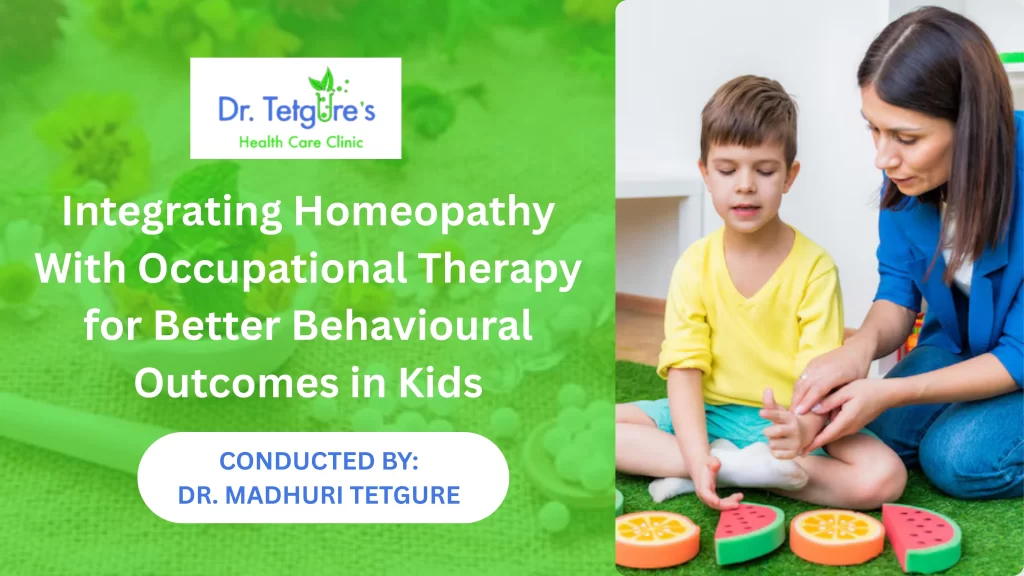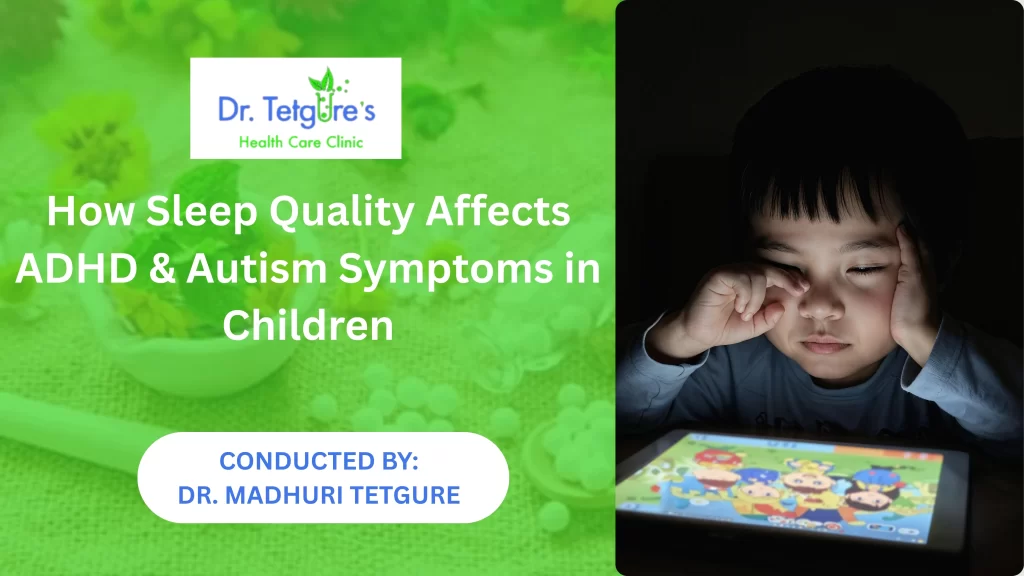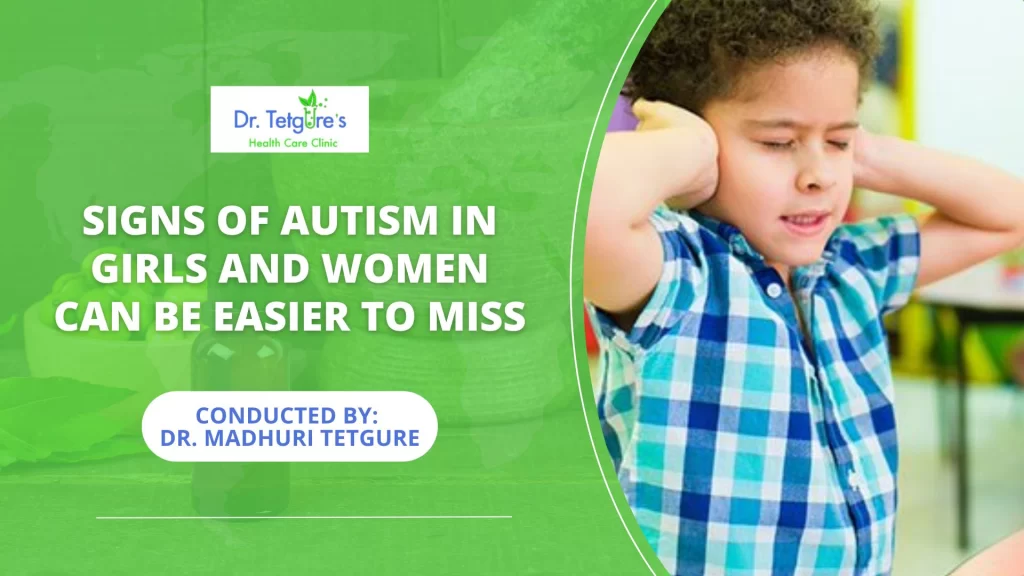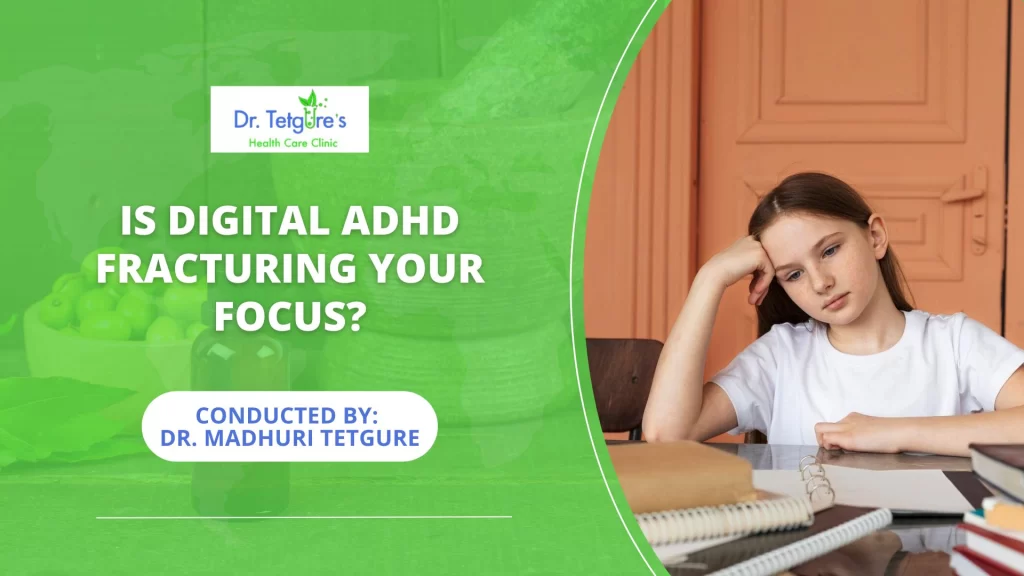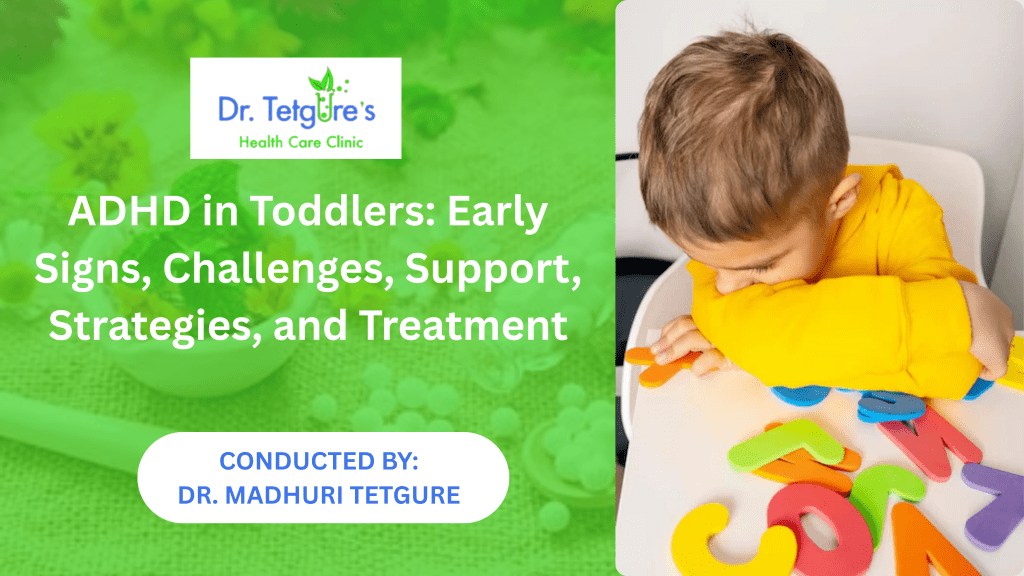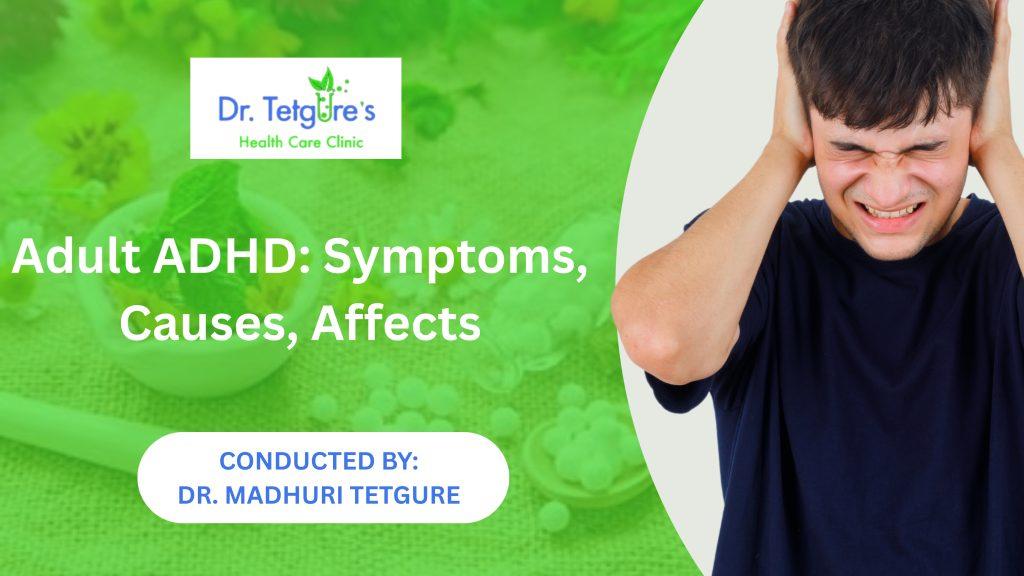Integrating Homeopathy With Occupational Therapy for Better Behavioural Outcomes in Kids
Integrating Homeopathy With Occupational Therapy for Better Behavioural Outcomes in Kids Children today face various developmental and behavioral challenges because they experience problems with sensory processing and attention deficit hyperactivity disorder and learning disabilities and anxiety disorders. Parents and healthcare professionals need to find complete solutions which help these children succeed in life. The combination of homeopathy and occupational therapy presents a new potential treatment method. The careful application of these two systems enables a gentle and customized approach to improve behavior results for children which lasts over time. Understanding the Therapies Occupational Therapy (OT) helps children learn essential daily living skills through its teaching of fine motor skills and social skills and self-control and sensory processing abilities.OT uses structured activities and adaptive techniques and therapeutic play to help children develop their capabilities for home and school and social environments. Homeopathy functions as a natural holistic medicine system which employs customized treatments to activate the body’s natural healing processes. The approach treats the child as a complete entity by treating all emotional and mental and physical symptoms together. Homeopathic treatment proves effective for children according to parents who observe their kids making progress in sleeping and behaving and maintaining emotional stability. Why Integration Works Individually, both homeopathy and occupational therapy provide important advantages. The combination of these two approaches creates a synergistic effect which enables more effective behavioral development for children. Holistic Support for the Child Occupational therapy helps children build behavioral and functional skills while homeopathy treats emotional imbalances through neurochemical regulation. The skills acquired through occupational therapy sessions will remain active because internal stability functions as their foundation. Reduced Emotional Dysregulation The majority of behavioral problems arise from two challenges which include sensory modulation issues and emotional regulation difficulties. Homeopathic remedies function as a treatment to reduce three symptoms which include overstimulation and anxiety and impulsivity, which enables children to handle OT activities with better concentration and patience. Enhanced Engagement & Learning Children show increased therapy participation when they achieve inner peace and mental stability. A child who experiences better sleep and decreased anxiety and emotional stability will show improved ability to learn new skills. Individualized Care Plans Both treatment methods require development of customized care strategies. The objectives of occupational therapy programs are developed to meet the developmental requirements of each individual child. Homeopathic treatment involves choosing remedies that match the specific emotional and physical characteristics of the child. Customized health care requires joint planning between the two parties involved in the process. Both the treatments are applied together effectively At Dr. Tetgure Healthcare, integration begins with a thorough assessment: A full behavioural and sensory profile Homeopathic valuation to identify emotional and constitutional requirements Joint goal setting between homeopaths, occupational therapists and families Therapists continue their work to monitor patient progress, while they change their treatment methods and verify that homeopathic treatments work together with occupational therapy methods. Conclusion Homeopathy when combined with occupational therapy provides a soft yet effective method to enhance children’s behavior. The holistic approach which combines emotional balance support with skill development enables children to become calmer and more focused while developing confidence and daily challenge management abilities. How Sleep Quality Affects ADHD & Autism Symptoms in Children
Integrating Homeopathy With Occupational Therapy for Better Behavioural Outcomes in Kids Read More »

